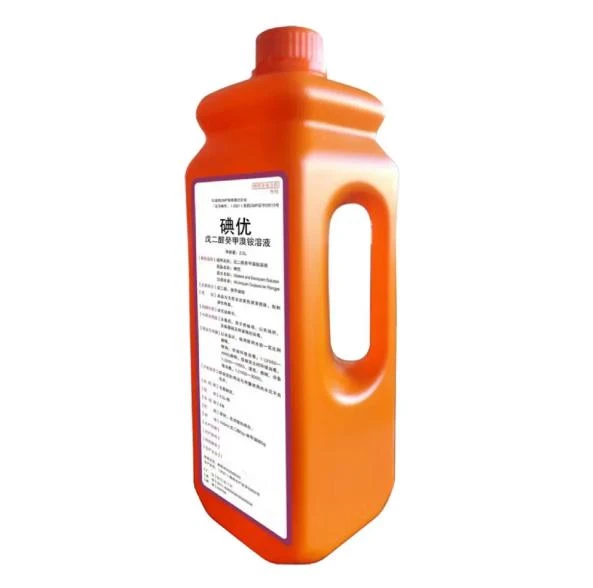- Afrikaans
- Albanian
- Amharic
- Arabic
- Armenian
- Azerbaijani
- Basque
- Belarusian
- Bengali
- Bosnian
- Bulgarian
- Catalan
- Cebuano
- Corsican
- Croatian
- Czech
- Danish
- Dutch
- English
- Esperanto
- Estonian
- Finnish
- French
- Frisian
- Galician
- Georgian
- German
- Greek
- Gujarati
- Haitian Creole
- hausa
- hawaiian
- Hebrew
- Hindi
- Miao
- Hungarian
- Icelandic
- igbo
- Indonesian
- irish
- Italian
- Japanese
- Javanese
- Kannada
- kazakh
- Khmer
- Rwandese
- Korean
- Kurdish
- Kyrgyz
- Lao
- Latin
- Latvian
- Lithuanian
- Luxembourgish
- Macedonian
- Malgashi
- Malay
- Malayalam
- Maltese
- Maori
- Marathi
- Mongolian
- Myanmar
- Nepali
- Norwegian
- Norwegian
- Occitan
- Pashto
- Persian
- Polish
- Portuguese
- Punjabi
- Romanian
- Russian
- Samoan
- Scottish Gaelic
- Serbian
- Sesotho
- Shona
- Sindhi
- Sinhala
- Slovak
- Slovenian
- Somali
- Spanish
- Sundanese
- Swahili
- Swedish
- Tagalog
- Tajik
- Tamil
- Tatar
- Telugu
- Thai
- Turkish
- Turkmen
- Ukrainian
- Urdu
- Uighur
- Uzbek
- Vietnamese
- Welsh
- Bantu
- Yiddish
- Yoruba
- Zulu
9 月 . 07, 2024 10:05 Back to list
Injectable Ivermectin - Effective Treatment for Parasitic Infections
The Role of Injectable Ivermectin in Combating Parasitic Infections
Ivermectin, a widely recognized antiparasitic agent, has gained considerable attention for its effectiveness in treating various parasitic infections. Originally developed for veterinary applications, it has been successfully repurposed to combat diseases in humans, particularly in regions where parasitic infections are endemic. Recently, the introduction of injectable forms of ivermectin has sparked discussions in the medical community regarding its potential to enhance treatment efficacy and accessibility.
Injectable ivermectin serves as a powerful tool in the fight against parasitic infections such as lymphatic filariasis, onchocerciasis, and strongyloidiasis. These ailments burden millions globally, leading to significant morbidity and economic losses. The traditional oral form of ivermectin has proven effective; however, the injectable formulation offers several advantages. For one, it ensures consistent and higher bioavailability, potentially leading to enhanced therapeutic outcomes, especially in patients who may have difficulty swallowing pills or in cases where rapid action is necessary.
Additionally, the injectable form can be administered in settings where oral medication compliance might be challenging, such as in low-resource environments or during mass drug administration campaigns. This increases the likelihood of complete treatment regimens and can significantly impact community health by reducing transmission rates of these debilitating diseases.
injectable ivermectin

Moreover, the injectable formulation sidesteps some issues related to drug resistance that may arise with oral medications. As parasites evolve and develop resistance, diversifying administration routes and formulations could be crucial in maintaining the efficacy of existing treatments. The potential for injectable ivermectin to address these challenges has been a focal point in ongoing research.
Despite its advantages, the use of injectable ivermectin requires careful consideration of dosage, safety, and the need for health care training to ensure proper administration. Public health initiatives must prioritize education and infrastructure development to support the effective rollout of injectable therapies.
In conclusion, injectable ivermectin holds great promise in the battle against parasitic infections. Its unique benefits could lead to improved health outcomes in affected populations, particularly in low-resource settings. Continued research and investment in this area will be vital, ensuring that the global fight against neglected tropical diseases remains robust and effective.
-
The Power of Radix Isatidis Extract for Your Health and Wellness
NewsOct.29,2024
-
Neomycin Sulfate Soluble Powder: A Versatile Solution for Pet Health
NewsOct.29,2024
-
Lincomycin Hydrochloride Soluble Powder – The Essential Solution
NewsOct.29,2024
-
Garamycin Gentamicin Sulfate for Effective Infection Control
NewsOct.29,2024
-
Doxycycline Hyclate Soluble Powder: Your Antibiotic Needs
NewsOct.29,2024
-
Tilmicosin Premix: The Ultimate Solution for Poultry Health
NewsOct.29,2024













